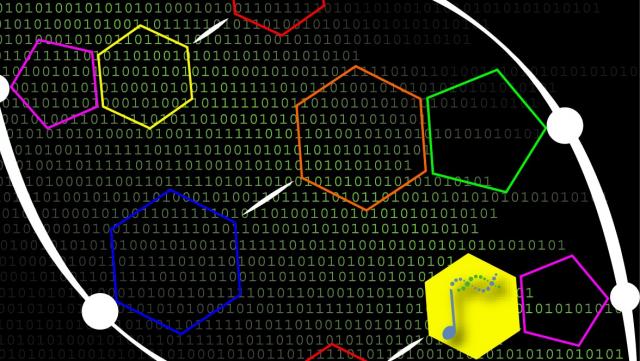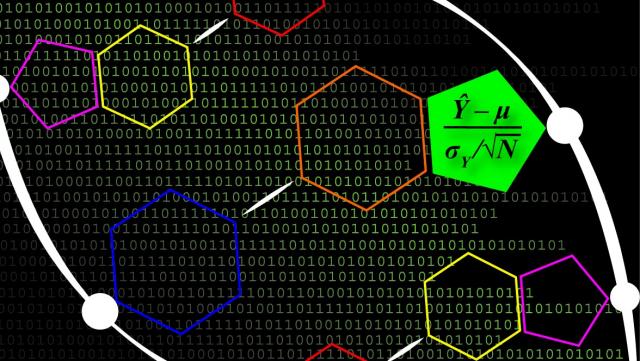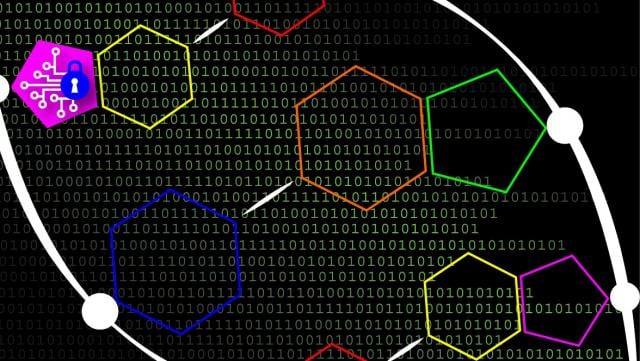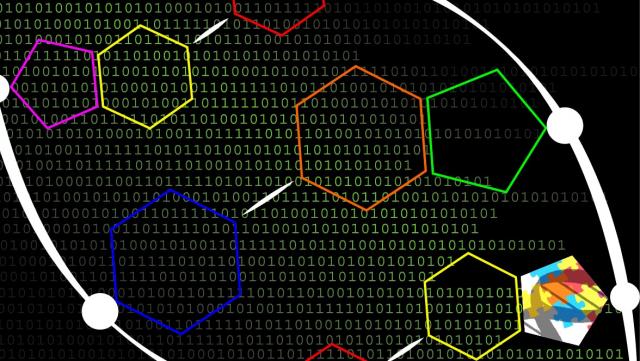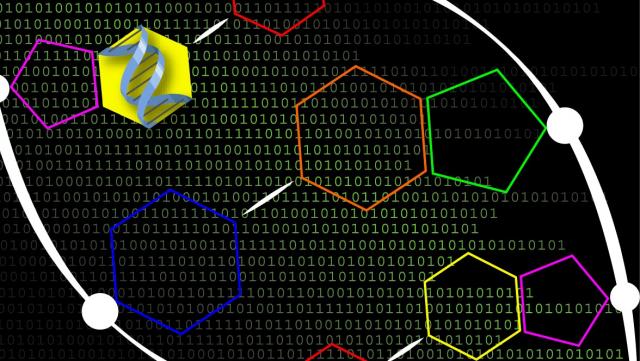Genomic Data Science Specialization
With genomics sparks a revolution in medical discoveries, it becomes imperative to be able to better understand the genome, and be able to leverage the data and information from genomic datasets. Genomic Data Science is the field that applies statistics and data science to the genome.
This Specialization covers the concepts and tools to understand, analyze, and interpret data from next generation sequencing experiments. It teaches the most common tools used in genomic data science including how to use the command line, along with a variety of software implementation tools like Python, R, Bioconductor, and Galaxy.
This Specialization is designed to serve as both a standalone introduction to genomic data science or as a perfect compliment to a primary degree or postdoc in biology, molecular biology, or genetics, for scientists in these fields seeking to gain familiarity in data science and statistical tools to better interact with the data in their everyday work.
WHAT YOU WILL LEARN
-Next generation sequencing experiments
-Genomic technologies
-DNA, RNA and epigenetic patterns
-Genome analysis

